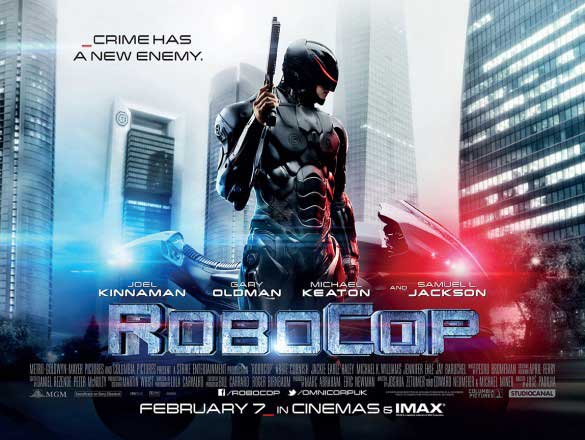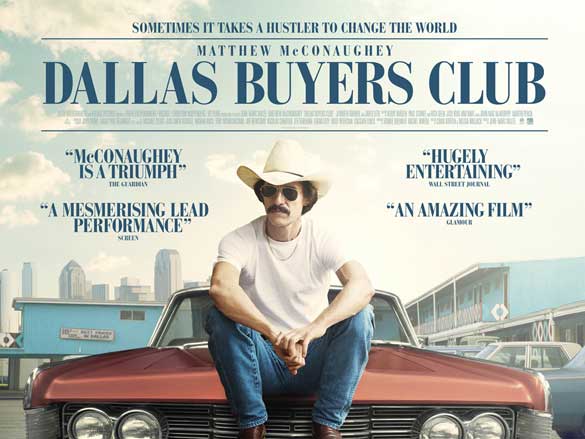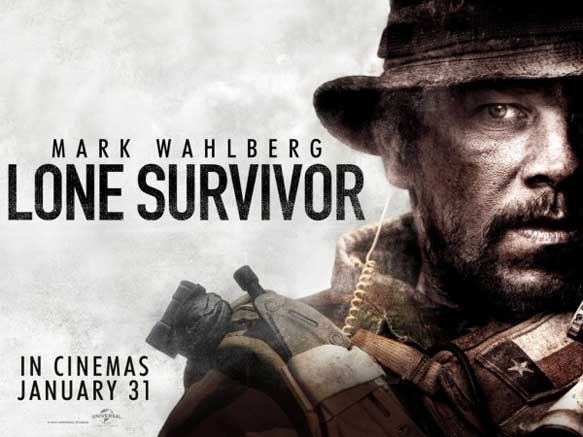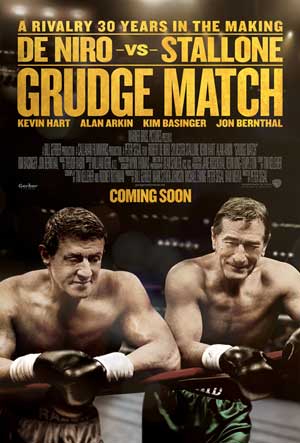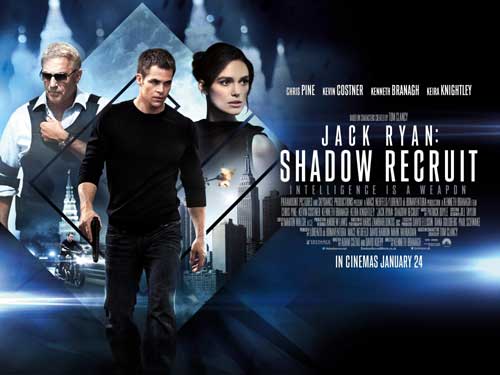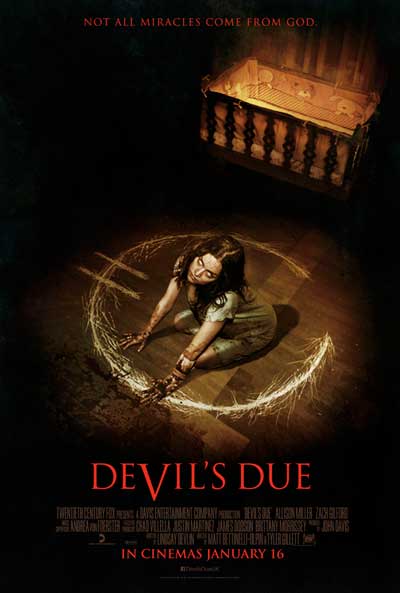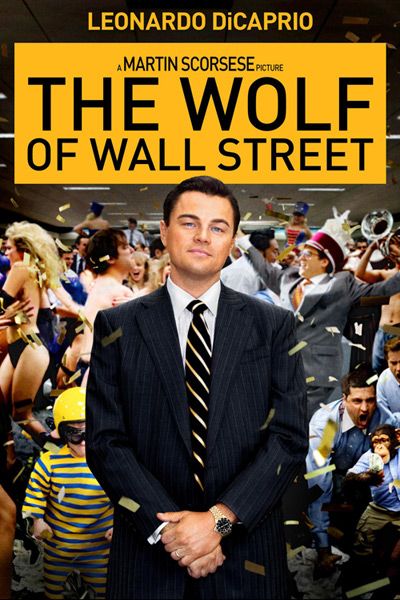RoboCop ****
Reboots are often cynically dismissed before sampling the new deal, and 2014’s RoboCop is one such example. However, director José Padilha’s film takes the bare bones of the 1987 original, starring Peter Weller in the title role, and makes the sense of sci-fi future prediction into a possible parallel ‘present day’ reality. With the advancement of robotic technology nowadays, this film just expands the imagination, adding more organic matter and familiar relationship values to the equation.
The way forward in law enforcement in 2028 is machine rather than man keeping order on the streets, the ambition of multinational conglomerate OmniCorp’s head Raymond Sellars (Michael Keaton). However, Congress still has doubts that machines will make the right emotional judgement call in tricky situations. After loving husband, father and good Detroit cop Alex Murphy (Joel Kinnaman) is injured in the line of duty, Sellars gets his possible answer: a part-man, part-robot police officer to be ‘built’ by Dr. Dennett Norton (Gary Oldman). However, ethics and compassion begin to surface, especially after Murphy’s wife and small child (played by Abbie Cornish and John Paul Ruttan) are denied access to the RoboCop, and subsequent corruption is uncovered by the man-machine.
The film does not attempt to reinvent the wheel, but just ‘updates’ the technology (and the special effects) for the Noughties audience, so much so that if could be very believable as happening right now, rather than in 14 years time. There is a very topical austerity undercurrent about social factors being affected, such as man being replaced by machines in the work place, and so jobs being lost. Hence, RoboCop (2014) feels very current indeed that authorities could be working on such a model right as we read. This concept is the power behind Padilha’s reboot. On the downside, there is very little that feels ‘unique’ in futuristic concept to offer that the 1987 film ignited.
Another thing in the film’s favour is some great casting in Keaton, Oldman and little-known actor Kinnaman – the latter of whom now has a promising franchise role to look forward to (as the ending would suggest). Keaton is as brilliantly maniacal and on edge as ever as Sellars, opposite Oldman’s seasoned reasoning and accepted wisdom as Norton. Kinnaman does not just provide the face (and chiselled chin under the visor) for RoboCop but gets the chance to ‘flesh him out’ and make a more empathetic character. This is partly due to a greater portrayal of organics fusing with manmade material as we witness the creation of the new law enforcer. There is even a Batman-esque feel to the whole film, as RoboCop/Murphy blasts around on a matte-black motorbike that would make any petrol-head jealous.
The 2014 film has up-to-date action sequences that involve exhilarating, video-gaming-styled war combat with mechanical soldiers, as well as old-styled shoot-em-ups with crooked cops, drug barons and unscrupulous corporate men: There is even a highly topical beginning scene set in Tehran, Iran involving suicide bombing that brings home the ever-present threat of insurgent troubles globally and the ‘new, faceless terror’.
Final word goes to Pat Novak, the film’s flamboyant TV show host and our social commentator, camply played with relish by a toupee-wearing Samuel L. Jackson, who is like a public-opinion gauge throughout and openly ratings-obsessed. It’s hilarious to watch him chop and change his views depending on what gets him the greater viewer figures. Overall, there is a clear sense of marketing in the driving seat in this film too that enhances the overall stench of manipulation by those in power. RoboCop (2014) taps into our fears and technological dreams, blurring the then and now with chilling ease, and is all-round entertainment without disrespecting its groundbreaking predecessor.
4/5 stars
By @FilmGazer

